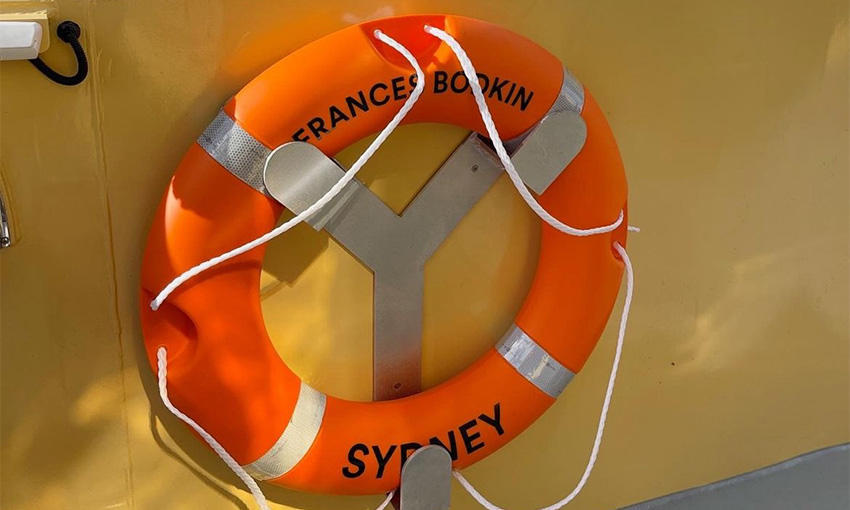THE FIRST new Australian-built Parramatta River Class ferry arrived in Sydney this week.
Frances Bodkin, the first of seven new vessels in its class, was designed in the Northern Beaches and built by Hobart shipbuilder Richardson Devine Marine.
The vessel arrived in Sydney on 24 March following a 630 nautical-mile maiden voyage across the Bass Strait and on to Sydney. It stopped at Flinders Island and Eden and was manned by a crew of four mariners.
Frances Bodkin will conduct further sea trials before it is deployed in calm river conditions on the F3 route, between Parramatta and Circular Quay.
The NSW government said the new ferries are “a significant improvement” on previous ferries which did not fit under some bridges with passengers on the top deck and had wheelhouse windows that “made night operations dangerous”.
Each vessel in the new Parramatta River Class fleet will have a 200-person capacity and use 40% less diesel.
They are also “future proofed” for conversion to electric propulsion when the technology and network infrastructure become available.
NSW Premier Chris Minns said Frances Bodkin is a few weeks away from passenger service.
“This is the first of a fleet of new ferries which will give passengers more reliable services, more comfortable seating, more accessibility and upgraded safety systems,” he said.
NSW transport minister Jo Haylen said passengers would be impressed with the vessel.
“If she can conquer the Bass Strait, she’s going to be brilliant on the Parramatta River,” Ms Haylen said.
And Transport for NSW project director Tony New said the shipbuilder, designer, operator and Transport for NSW had worked collaboratively for a smooth-sailing project.
“We couldn’t be happier with how the first build has gone at Richardson Devine Marine in Hobart and the quality will be on show for passengers to see in a few weeks,” he said.
“We’re on track for the second vessel to commence builder’s trials by early May and to have the first two ferries plying their trade on the Parramatta River is such quick succession will be a big win for the community.”
The seven new vessels will replace the seven RiverCat vessels which will be retired after reaching the end of their lifespan after 30 years of service.
A team of 60 people is working to build the remaining six vessels which are expected to enter passenger service over the course of the next 18 months.





